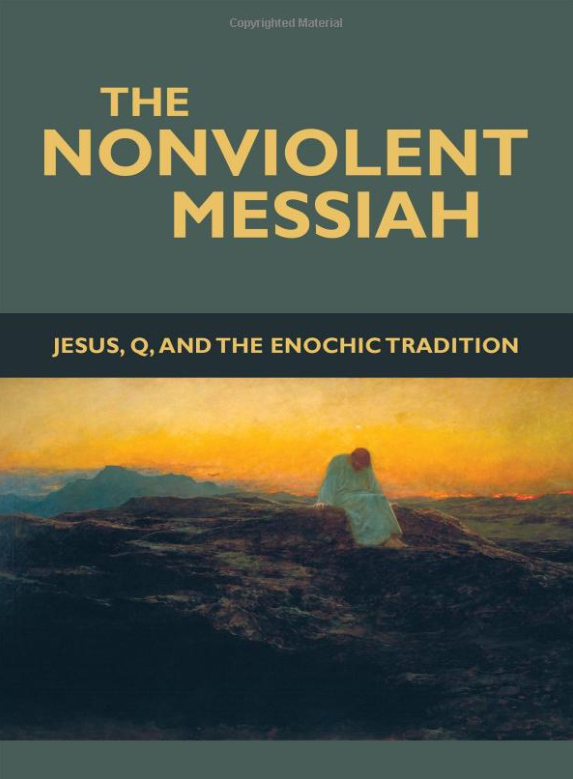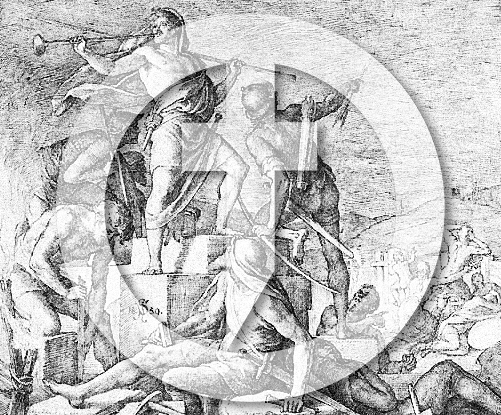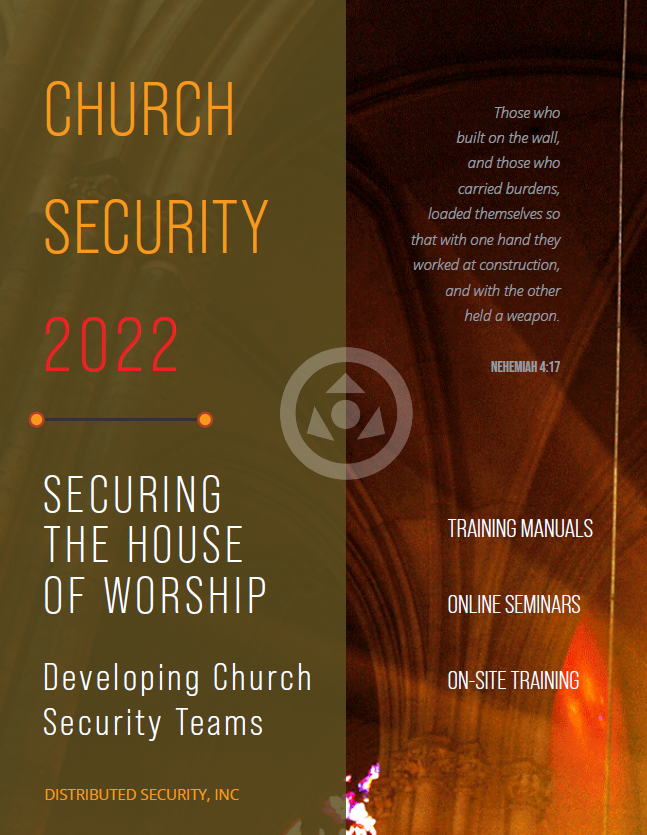
Simon J. Joseph, author of The Nonviolent Messiah, drawing on the “Q Source” to triangulate Matthew, Mark, and Luke, says:
One of the most distinctive features of Q is a carefully composed collection of wisdom-sayings framed as a short discourse or “Sermon” that served as the prototype for the Gospels of Matthew and Luke’s longer “Sermons” on the Mount and Plain. The central ethic of Q is “characterized by nonviolence”
More from Joseph:
If eschatological (end-time) violence was part and parcel of the “good news,” then it is difficult to see how such “good news” could be anything more than a veiled threat: Repent, or else! God loves you – but he’ll also send you to hell! Love your enemies – but get ready to judge and kill them! There is no escaping the fact that this dissonance between punishment and reward (or good and bad news) is found in the Jesus tradition. The question is: what are we supposed to make of it? Was Jesus – like our biblical God – both violent and nonviolent, as circumstances required? Was Jesus nonviolent at the beginning of his ministry only to embrace violence later? Or vice versa? Or was Jesus radically nonviolent throughout his ministry and then misrepresented in the Gospels? Did Jesus say “love your enemies” and then assign them to eternal hell? Did Jesus change his mind? Or is it the tradition itself that is confused and irreconcilable?
Was Jesus nonviolent at the beginning of his ministry only to embrace violence later? Or vice versa? Or was Jesus radically nonviolent throughout his ministry and then misrepresented in the Gospels? Did Jesus say “love your enemies” and then assign them to eternal hell? Did Jesus change his mind? Or is it the tradition itself that is confused and irreconcilable?
Full article at the link: https://bibleinterp.arizona.edu/articles/2014/11/jos388005





